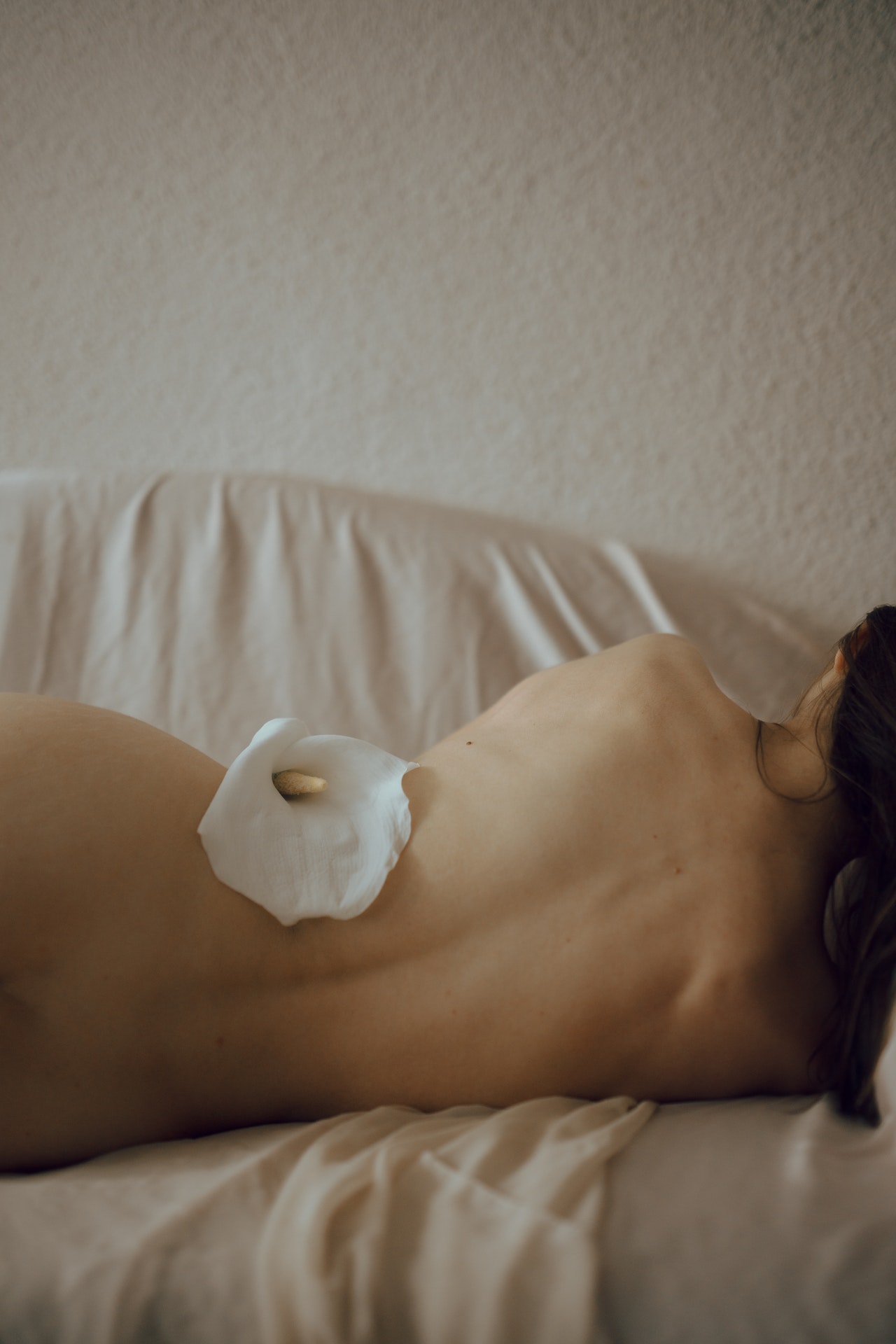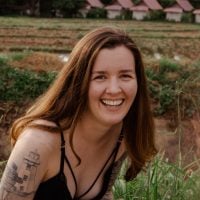
*Elephant is not your doctor or hospital. Our lawyers would say “this web site is not designed to, and should not be construed to provide medical advice, professional diagnosis, opinion or treatment to you or any other individual, and is not intended as a substitute for medical or professional care and treatment. Always consult a health professional before trying out new home therapies or changing your diet.” But we can’t afford lawyers, and you knew all that. ~ Ed.
As a young girl, heading to the doctor to be put on birth control was a normal experience for many.
Most of the girls in my high school were in the same situation for one reason or another.
My story begins with my struggle with acne as a tween. My mom took me to the local doctor at the time, and his first response was “birth control”—not as a contraceptive, but as a way to “regulate hormones” to help lessen the severity of my acne.
I wasn’t having sex, nor was I planning on it anytime soon.
Thinking that this was the only option and being far too young to really understand the difference, I agreed. Of course, I agreed, I wanted these pimples to be gone, and I would do anything if it promised clear skin (high school kids are relentless). I walked out of the office with a prescription for hormonal contraception (the pill) and started taking it immediately.
As a bonus, I learned how to manipulate my period when I wanted to go swimming on vacation, or if an important event was coming up that “aunt flow” wasn’t invited to. I felt like superwoman; I felt in control; I felt like I had the power to make my cycle work for me, instead of learning how to work with it.
I didn’t know at the time that this probably wasn’t the best thing for my body, but as a teenager, I didn’t tend to think about the consequences.
Looking back, I’m wondering, “How the hell was the pill the only option to treat my acne?”
It makes sense now, learning that women were only included in clinical trials, by law, since 1993.
In a system created and sustained by men, women have been left out of the conversation for far too long. Instead of trying to understand the cycles and bodies of women, they were deemed “too complicated” and pushed aside.
Before leaving on my travels, I opted for an IUD because it felt easy. Not having a period to worry about, not worrying about getting pregnant, and not needing to remember to take a pill every day. It was a great option, one that many don’t get the chance to have. I’m grateful for the opportunity to protect myself in that way.
I’m an advocate for contraceptives and all things sexual health, but I believe that there is a lack of information and a disconnect.
Hormonal contraception is often deemed the only option (for more than just the prevention of pregnancy), but is it really an option if there is no other choice provided?
As women, we’ve been ignored, unheard, and treated as if we’re not important. We are excluded from the conversations and studies and encouraged to take treatment made for men, by men.
I stayed on birth control until I was 27 years old. For more than half of my life, I took a pill to regulate my hormones, clear my acne, and eventually prevent pregnancy because I didn’t know how my body worked. Nobody ever taught me what it meant if I was in my luteal phase, or if I was ovulating. No doctor looked deeper into my depression and anxiety (now realizing that the IUD that was in my body probably had a part in that). I wasn’t taught how food can heal my acne or support my cycle. Nobody told me that I may feel more tired and introverted during my luteal phase, and more external and energetic while I’m ovulating.
I didn’t get a choice because I was uninformed. The information is not readily available, and that’s a big problem in my eyes.
Learning about my body as a woman has completely changed my life. I now understand that my body runs on a 28-day cycle (like the moon), as opposed to the 24-hour cycle (like the sun) of a man.
So why is it that we women are encouraged to live by a cycle that isn’t ours?
I learned more information through social media than any doctor has ever given to me—that’s f*cking sad—and I am grateful to the women who are standing up and taking the lead, grabbing the reins that the healthcare industry dropped long ago.
Since learning more about my body and the cycle that I’m built for, I’ve decided to drop the hormonal contraceptive and truly connect with this vehicle that’s driving me through life. I’m no longer silencing her; I’m listening to her. I’m riding the 28-day wave with confidence. We, women, are actually much more predictable than they say, if they would just take the time to learn.
The most frustrating part of all of this for me is the fact that there are other ways. It isn’t a one-size-fits-all—especially between male and female bodies. We are all different, and our bodies were never meant to be treated the same.
When I removed my IUD last year, I got my life back. I started to understand my body in a way that I had never understood before. I’ve connected with my cycle, with the moon, and with my autonomy.
Say it with me:
I am in control.
I am in control.
I am in control.
This is how I believe it should be for every woman. Every woman should be in control of her own body—whether that’s by choosing hormonal contraception or deciding not to, by being truly informed about her cycle and all of the options, and by choosing to abort pregnancy safely.
My body is the one thing that can’t be taken from me, it’s the one thing that I came into this world with, and it will be the one thing with me until I leave.
~


 Share on bsky
Share on bsky




Read 0 comments and reply